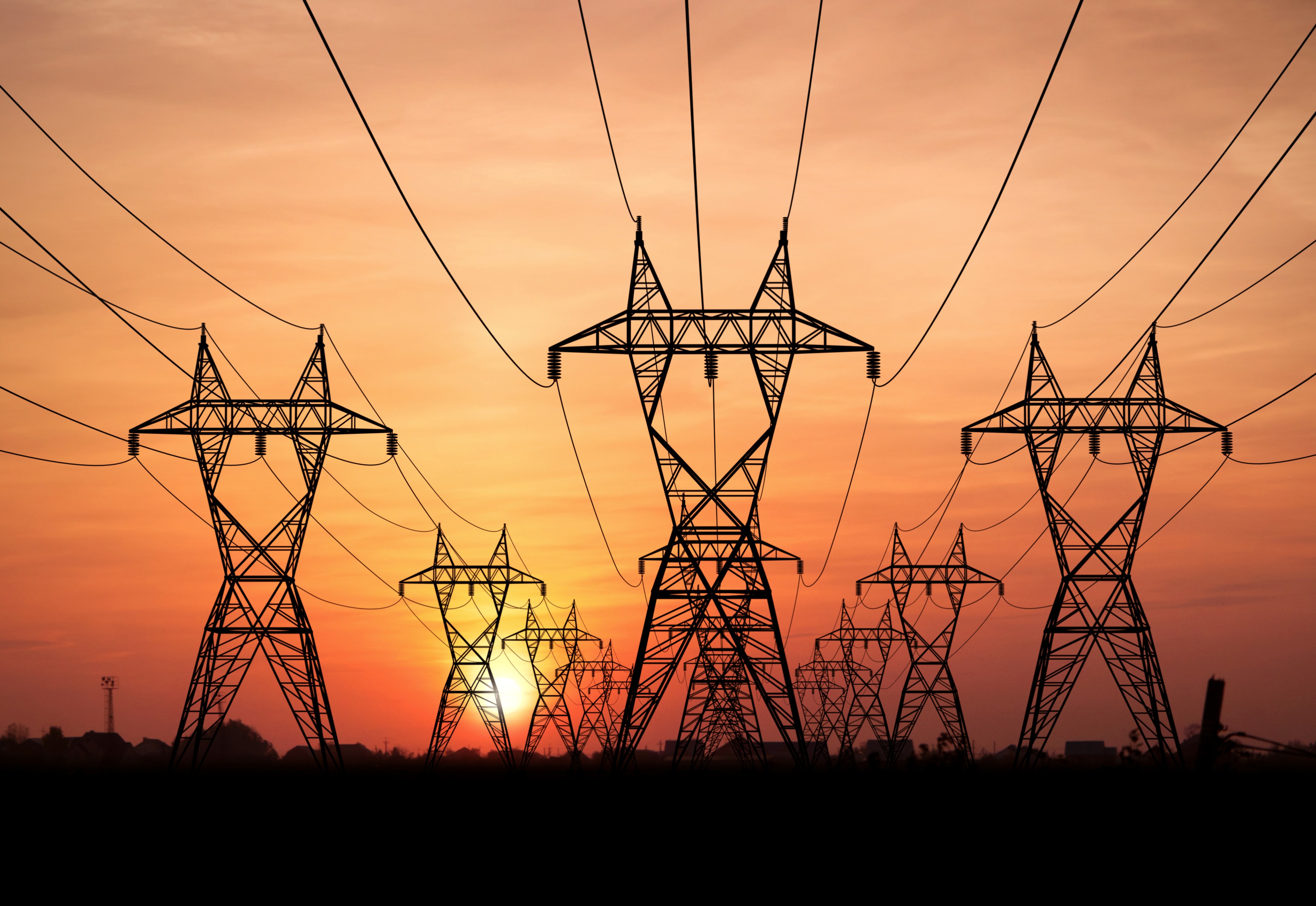History of Deregulation in Massachusetts
Deregulation of the utility industry in Massachusetts began in the late 90’s. Learn more about the history of energy deregulation.
Interested in Solar?
Let our solar specialists help you find the solar option that’s right for you.
Learn MoreWhen Did Deregulation Start in MA?
Massachusetts electricity deregulation and retail access officially began back in March of 1998. The three participating utilities are NSTAR, (formed by a merger of Boston Edison, Commonwealth Edison and Cambridge Edison), Mass Electric and Western Mass Electric. Like other states, energy deregulation in MA was the result of high prices and unfair rate hikes for standard services. Massachusetts utility customers were faced with increasingly large bills during the early 1990s, along with service contracts and rates that would increase every year. This was a common issue throughout the US, as most states only had one or two utility providers available to choose from.
To address the increasing costs of utility services in the state, the Massachusetts government stepped in to help implement a solution that would work for both the customers and the utility companies. That’s where deregulation came into play – it was a simple way to encourage healthy competition and drive down prices throughout the state. Although there are still a few areas that are managed by electric cooperatives, MA has one of the most popular and successful deregulation programs for both home and business utility services in the US.

Why Deregulation?
In the late 1990s, there were only two different utility companies for customers to choose from: NSTAR (the result of the merger of Boston Edison, Commonwealth Edison, and Cambridge Edison), and the DTE (Department of Telecommunications and Energy). This monopoly in the industry resulted in a lack of competition for services in MA. Since customers didn’t have many options, they were forced to enter into expensive contracts for basic electrical services.
When it was introduced, deregulation was presented as a promising solution for customers who were fed up with increasing rates and poor service. Deregulation was designed to encourage healthy competition among different utility companies and help decrease prices for consumers. Opening up the utility marketplace to new providers would help promote the development and growth of a more competitive and cost-effective energy marketplace for energy services.
Today, around a dozen US states have deregulated their utility market, including Texas, New Jersey, and New York. Deregulation is considered to be a great success in MA, as it has resulted in reduced utility rates for customers and an increase in reliable utility services. Overall, customers have saved over $1.5B USD since the utility market in MA was deregulated.
How Does Deregulation Impact Utility Services in MA?
Deregulating the utility market doesn’t impact the actual utility services that are delivered. Instead, the available services are the same in a deregulated area, but instead of just having one or two providers to choose from, customers can select from several different Massachusetts utility companies when signing up for services. This provides substantial cost savings to power customers each year without the long contracts and rising rates of the past. And as an added benefit, customers often get access to extras from their chosen supplier, including credits for renewable power usage, smart home product discounts, and energy saver appliance discounts. Offering these extras, along with providing affordable rates for reliable services, has led to measurable improvements in the MA utility market.
Solar development in Massachusetts has also grown as a result of deregulation and renewable energy incentive programs such as the SMART program. Massachusetts residents can now choose to participate in Community Solar programs through their utility without the need for rooftop solar panels. Instead solar farms like those owned by Clearway Community Solar deliver clean energy directly to the local power grid and customers in return receive credits on the electric bill they receive from their utility.
Do you live in a different state? Check out the history of Illinois energy deregulation and the impact of deregulation in New York.



